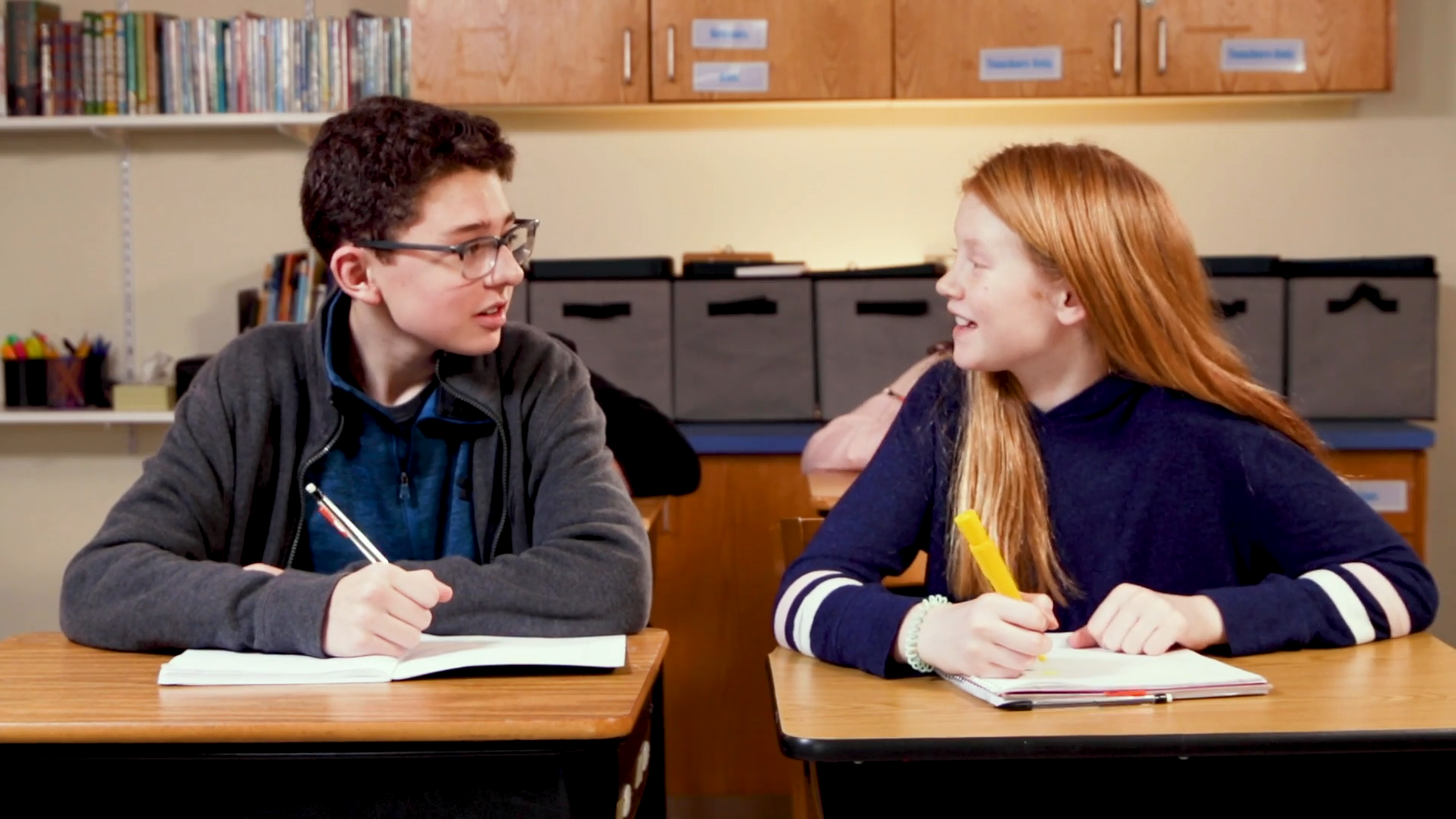Introduction
Compromise is a crucial skill that helps children navigate social situations and develop healthy relationships. It involves negotiation, discussion, and reaching an agreement that benefits all parties involved. Teaching PreK students how to compromise effectively can foster a sense of fairness, cooperation, and empathy. This blog post will provide a no-prep activity, discussion questions, and related skills that educators can use to teach the art of compromise to young learners.
No-Prep Activity: The Shared Toy
This simple yet effective activity requires no preparation or materials and can be done in a classroom or at home. It teaches PreK students the importance of taking turns and finding a fair solution when conflicts arise.
- Pair the students and give them a single toy or object to share.
- Ask the students to play with the toy for a set amount of time, such as 5 minutes.
- After the time is up, ask the students to discuss and decide how they will share the toy fairly. Encourage them to consider each other’s preferences and feelings.
- Once they have reached an agreement, have them continue playing with the toy based on their compromise.
- Afterward, discuss with the students how they felt during the activity and what they learned about compromise and fairness.
Discussion Questions
- Why is it important to compromise in our daily lives?
- Can you think of a time when you had to compromise with a friend or family member? How did it make you feel?
- What are some ways we can make sure our compromises are fair to everyone involved?
- How can we use good listening skills and polite language during negotiations?
- Why is it important to be flexible and willing to give up something in a compromise?
Related Skills
Teaching the art of compromise also helps develop other crucial social-emotional skills in PreK students. Some of these related skills include:
- Empathy: Understanding and respecting the feelings of others during negotiations.
- Communication: Expressing one’s thoughts and feelings effectively during a compromise.
- Problem-solving: Identifying and addressing conflicts in a constructive manner.
- Cooperation: Working together with others to achieve a common goal or agreement.
- Patience: Waiting for one’s turn and being willing to give up something in the present for a future benefit.
Next Steps
Now that you have learned about the importance of teaching compromise to PreK students and have a no-prep activity, discussion questions, and related skills at your disposal, it’s time to put these concepts into practice. To further enhance your teaching resources, sign up for free samples of skill-building materials and activities at Everyday Speech. These materials are designed to support social-emotional learning and help you create a nurturing and inclusive learning environment for your students.






